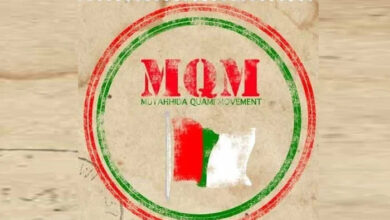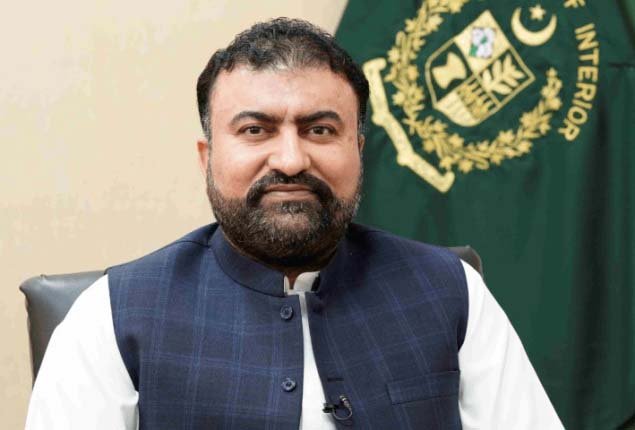Fazlur Rehman Calls for Political Solutions to Terrorism, Criticizes Overreliance on Military Force

Islamabad: Maulana Fazlur Rehman, the head of Jamiat Ulema-e-Islam (JUI), has advocated for addressing terrorism through political means rather than solely relying on military force. Speaking at a National Assembly session, Rehman emphasized that the responsibility for managing terrorism should not be solely placed on Afghanistan, but rather on Pakistan’s own responsibilities, as Pakistan is the one stationed at the borders, not Afghanistan.
Rehman criticized the current approach, stating that attacks on Pakistan’s armed forces and institutions need serious consideration from the government. He warned that escalating tensions and emotional rhetoric from both sides could jeopardize national security. He pointed out that while one side is pushing for secession, the other side is preparing to use extreme measures to counteract the threats, a stance he believes only exacerbates the problem.
Rehman expressed concern that experienced political leaders are being sidelined in favor of inexperienced and emotionally driven younger politicians, which he argues complicates rather than resolves issues. He stressed that political leaders should be empowered to handle these matters, as attempts to centralize control and seek unilateral solutions are ineffective.
He also highlighted the geopolitical complexity of the region, noting that Pakistan is caught in a proxy war involving major international players like the US and China, which impacts projects like the China-Pakistan Economic Corridor (CPEC). He criticized the disruptions in CPEC areas, which he said are currently under the control of insurgents, hindering development.
Furthermore, Rehman drew attention to the deteriorating situation in Balochistan, where he claimed that the national anthem and flag are not allowed in some areas. He called on both the government and opposition to step up and address these critical issues through parliamentary and political channels, rather than relying on force.
Rehman also mentioned that when the state fails, it is necessary to take control and address issues directly. He recounted his own diplomatic efforts in Afghanistan and expressed frustration over the immediate blame placed on Afghan nationals for incidents in Pakistan. He questioned whether it is fair to hold Afghanistan accountable for the activities of individuals who manage to bypass numerous security checkpoints within Pakistan itself.
In summary, Rehman urged for a political resolution to the challenges facing Pakistan, advocating for a more measured and collaborative approach to national security and governance.






